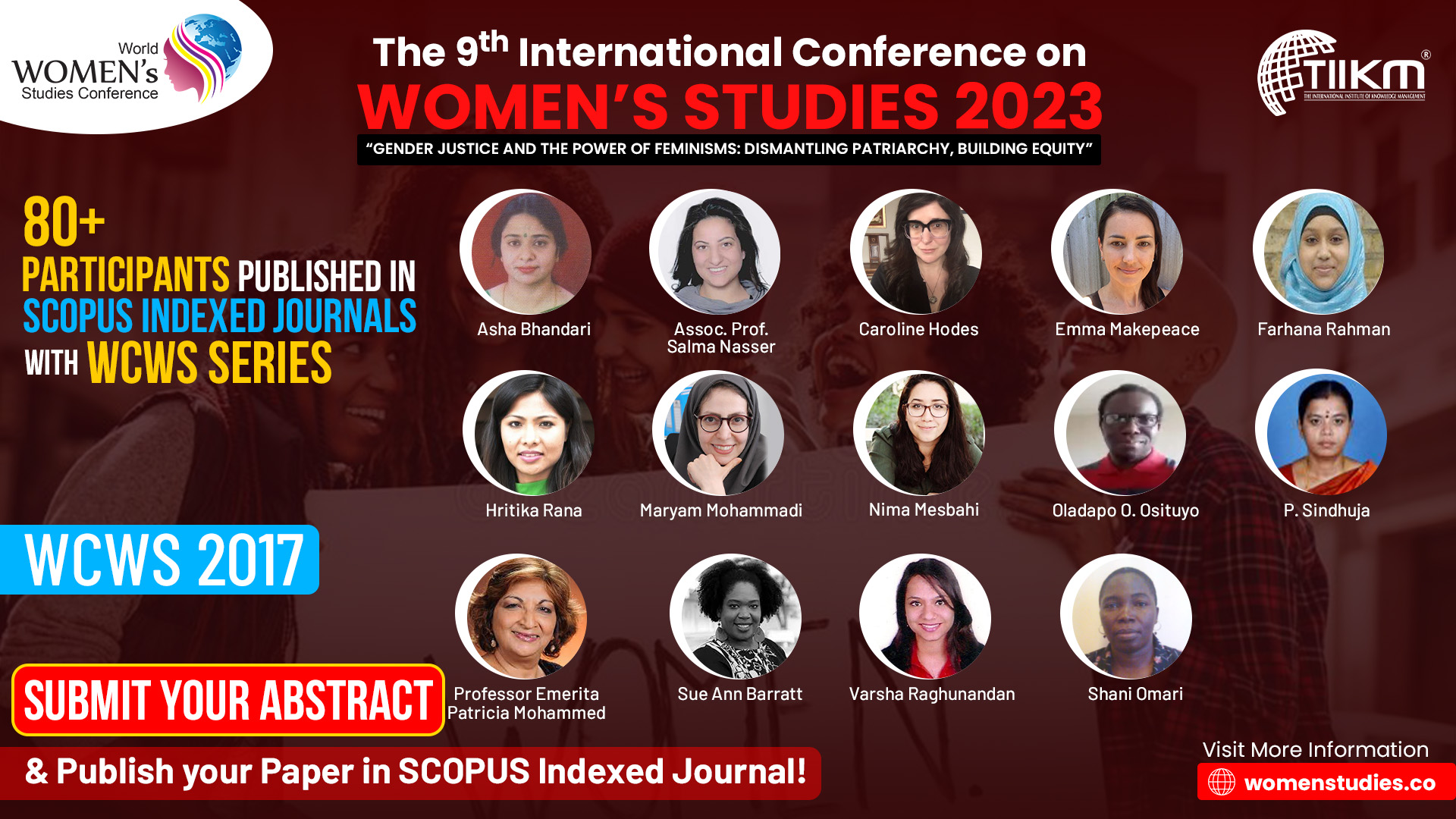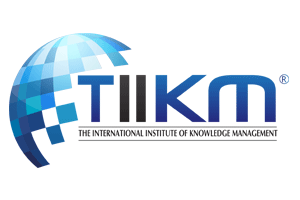
The 3rd World Conference on Women’s Studies 2017 was hosted by The International Institute of Knowledge Management (TIIKM) on 4th – 6th May 2017 in Colombo, Sri Lanka. This issue represents the second special issue of the JIWS coming out of the WCWS. The papers included increasing awareness of issues faced by women across and within nations, emphasizing both local and transnational struggles and achievements. They also help to fulfil the mission of the JIWS, which is to provide a platform for the publication of articles by women largely, but not exclusively, from the global south, to highlight the range of feminist discourses, promoting conversations across the power divides of the publishing industry.
The conference was conducted under the theme, “Building Resilience: Dialogue, Collaboration and Partnerships across Our Differences”. The Conference witnessed the participation of 101 participants representing 25 countries across the world. The countries include Australia, Bangladesh, Belgium, Canada, China, Egypt, Germany, India, Iceland, Indonesia, Iran, Ivory Coast, Japan, Nepal, Oman, Pakistan, Philippines, Portugal, Qatar, Spain, Sri Lanka, Taiwan, Trinidad & Tobago, United Kingdom and the United States. TIIKM honors the commitment to raising the standard for research and broadening the knowledge in pertinent fields.
| Names | Affiliation | Paper Tittle |
| Patricia Mohammed | Professor of Gender and Cultural Studies and Director, School for Graduate Studies and Research at the University of the West Indies, St. Augustine | The Pedagogy of Difference: Co-producing Feminist Consciousness across Borders |
| Sue Ann Barratt | The Institute for Gender and Development Studies; The University of the West Indies, St. Augustine Campus | Reinforcing Sexism and Misogyny: Social Media, Symbolic Violence and the Construction of Femininity-as-Fail |
| Hritika Rana | Department of Development Studies, School of Arts, Kathmandu University | Examining Agency in Agriculture: The Feminization Debate in Nepal |
| Nima Mesbahi | Doha Institute for Graduate Studies, School of Humanities and Social Sciences | The Victimization of the “Muslim Woman”: The Case of Amina Filali, Morocco |
| Farhana Rahman | Cambridge International Trust Scholar and PhD candidate in Gender Studies at the University of Cambridge | Narratives of Agency: Women, Islam, and the Politics of Economic Participation in Afghanistan |
| Caroline Hodes | University of Lethbridge | Gender, Race and Justification: The Value of Critical Discourse Analysis (CDA) in Contemporary Settler Colonial Contexts |
| Emma Makepeace | Queensland University of Technology | Writing With vs. Writing About: Co-producing Consciousness-Raising Fiction with Young Women from Aid-Supported Communities in Malawi |
| Asha Bhandari | Senior Assistant Professor and Head at the Faculty of Humanities and Social Sciences, National Law University Jodhpur (Rajasthan) | The Role of the Family in Crime Causation: A Comparative Study of ‘Family of Orientation’ and ‘Family of Procreation’ (A Study of Women Prisoners in the Central Jails of Rajasthan) |
| Shani Omari | Institute of Kiswahili Studies, University of Dar es Salaam, Tanzania | Imaging the Woman through Tanzanian Women’s Maxims |
| Maryam Mohammadi | Assistant Professor of Art University | A Comparative Study of Influential Factors Impacting Women’s Activities in Traditional and Modern Neighborhood Spaces in Tehran, Iran |
| Salma Nasser | Future University in Egypt and previously taught at the University of Bangkok | Boxed Women in Public Administration – Between Glass Ceilings and Glass Walls: A Study of Women’s Participation in Public Administration in the Arab States |
| Oladapo O. Osituyo | University of the Witwatersrand School of Economics and Business Sciences (SEBS) | Deliberate Ceiling for Career Progress of Female Public Service Employees: A Contemporary Transformation Trend in South Africa |
| Varsha Raghunandan | Law at School of Law, Christ (Deemed to be University), Bangalore, India | Changing Equations: Empowerment, Entrepreneurship and the Welfare of Women |
| P. Sindhuja | Dept. of. Women’s Studies, Alagappa University, India | A Gender Perspective on Role Performance of Elected Panchayat Leaders in India |

Recent Comments